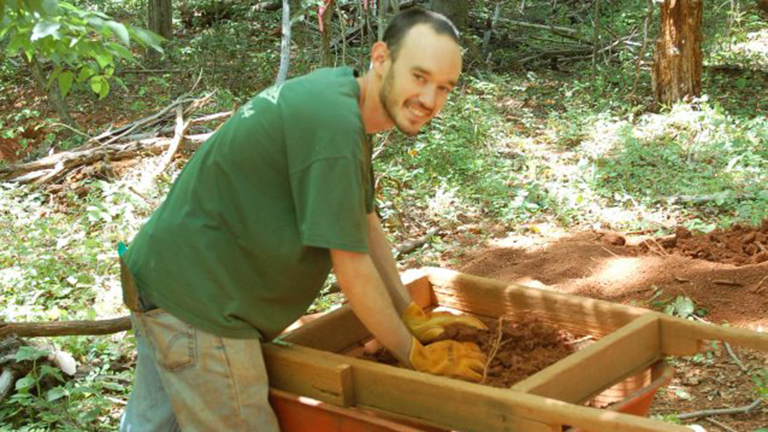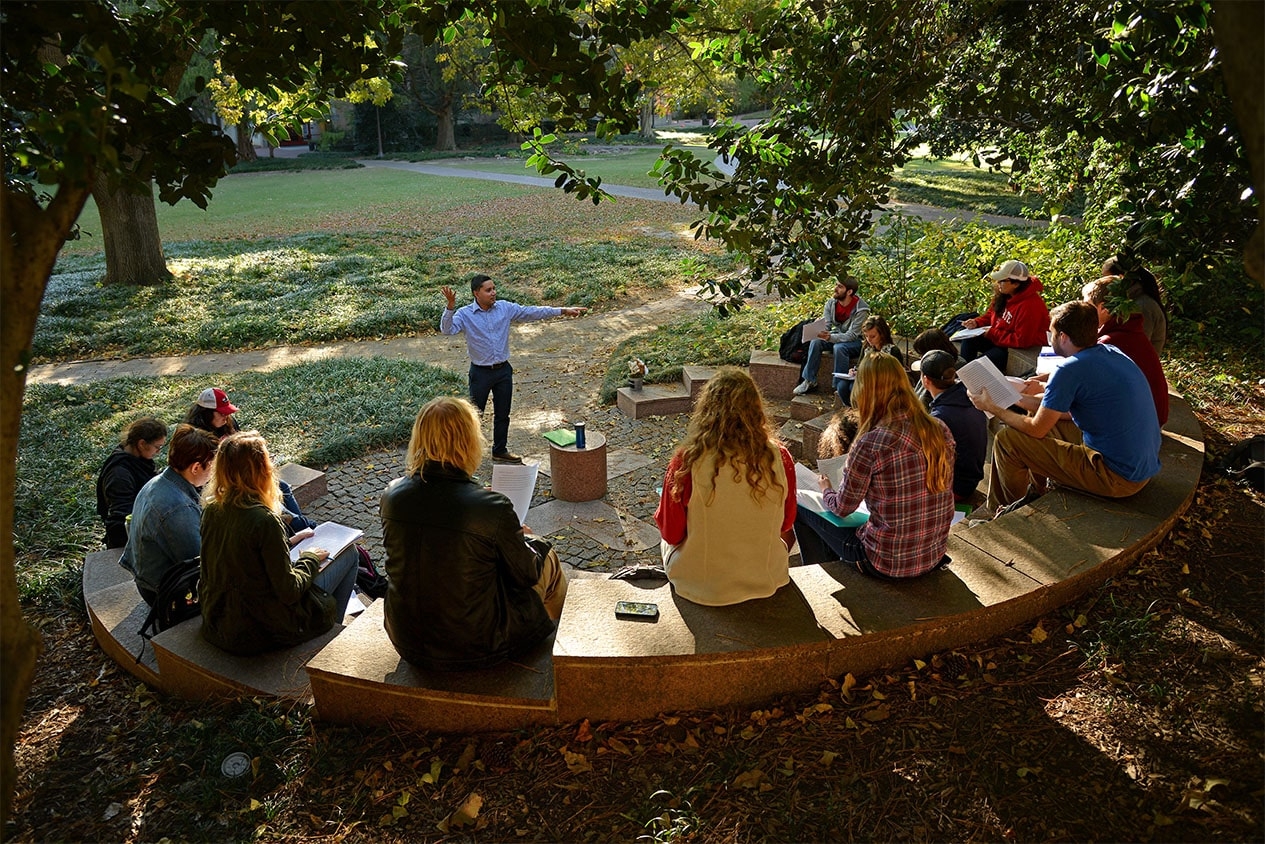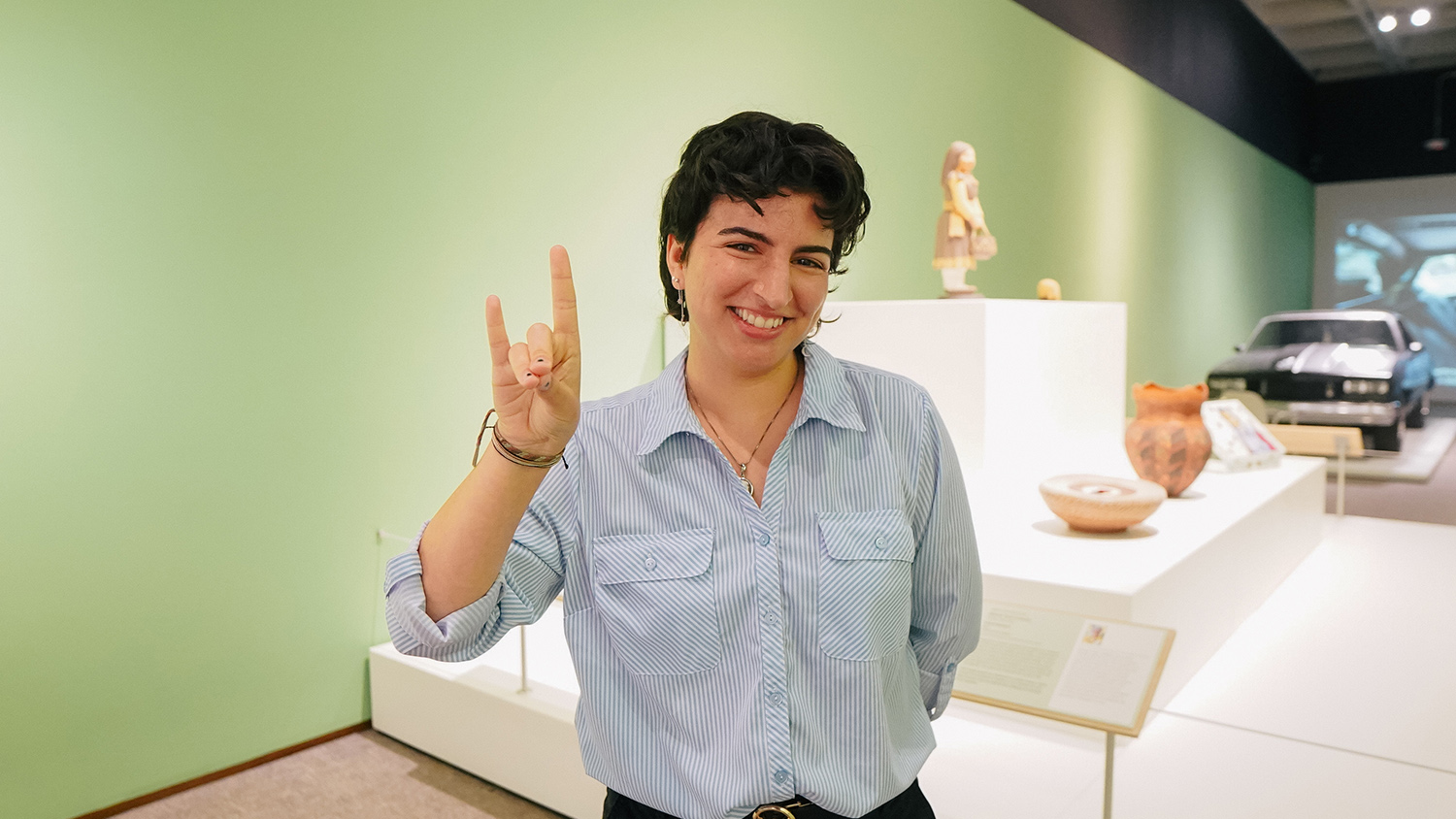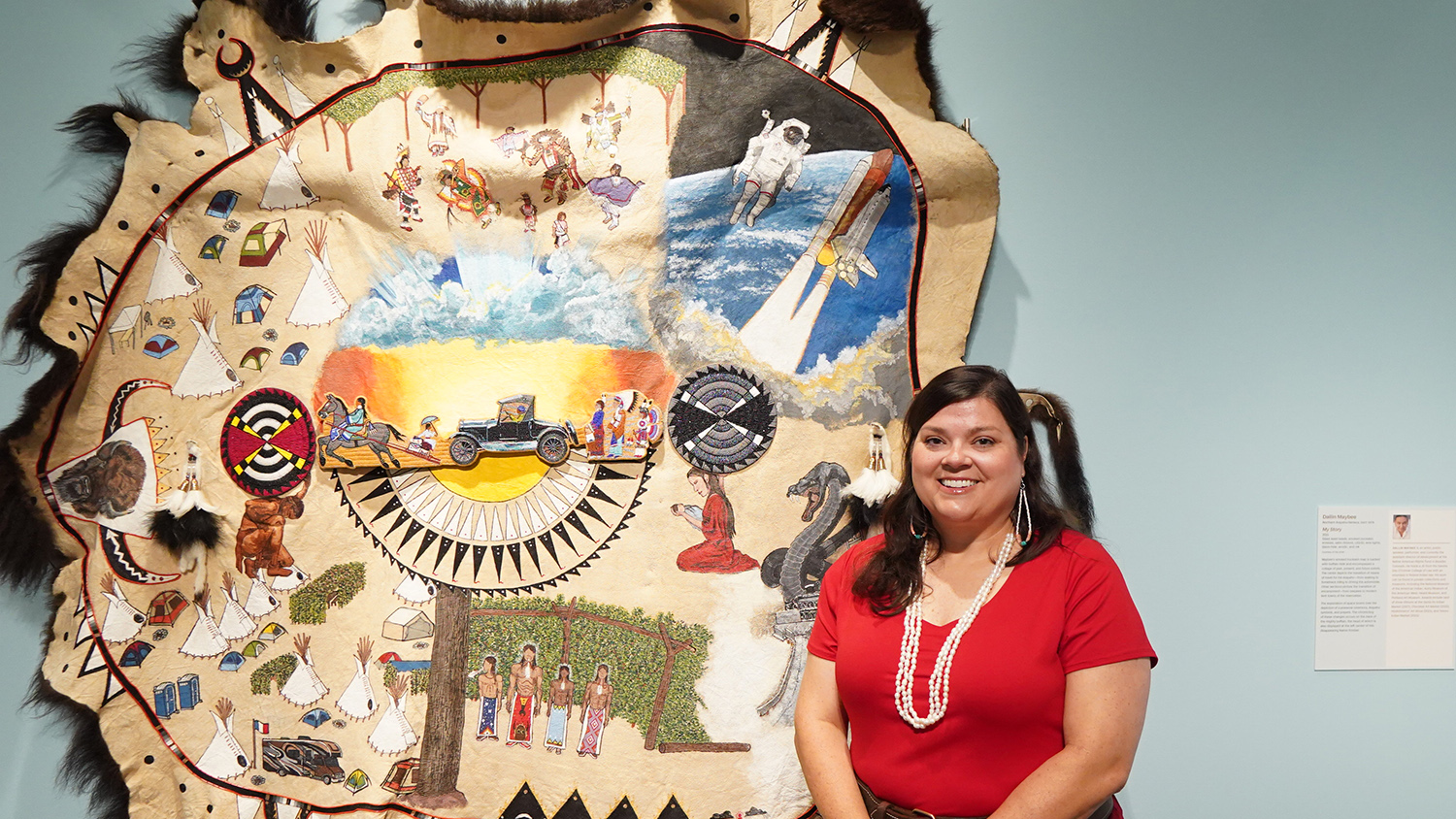My NC State Story: CJ Idol (History, Religious Studies ’12)

Graduating from the College of Humanities and Social Sciences was a profoundly influential experience. In my classes, I was able to explore the multidisciplinary nature of the humanities and social sciences. I was able to parlay this into a master’s degree in anthropology, with a focus in historical archaeology, from East Carolina University.
Outside of fieldwork, I have begun working in a new subfield of archaeology, archaeogaming. We look at how we can apply archaeological theory and thought to video games. We are also interested in how archaeologists are being depicted and our research is being used to create games. Through Humanities and Social Sciences, I was able to develop the confidence to engage with, and explore, such a multidisciplinary field.
With the increasing development and use of electronics in society, being comfortable working in a multidisciplinary group has become increasingly important. This goes beyond just working with other humanities and social sciences disciplines. The exposure I had to engineers and computer programmers at NC State has also helped me understand how those disciplines work. Thus, I have been able to better communicate with experts with various specialties and backgrounds while working on archaeogaming.
Of the most important lessons I learned from my professors was the ability to read documents closely. This was not only influential in being able to understand academic discourse but in approaching primary source information. As an archaeologist, this has been an irreplaceable skill. It has helped me to better appreciate the material culture left behind by approaching it the same way I would approach a written source. This skill has been equally as helpful in archaeogaming, as I have been able to approach video games as primary sources. It has also led me to pursue close readings of plots and player actions, which allow me to highlight sometimes subtle uses of archaeology in game developments.
NC State’s religious studies program, in particular, helped me to develop a philosophical appreciation. Even though it does not come out as often in my work, the appreciation I developed for how influential religious beliefs are to a cultural philosophy has allowed me to foster a much deeper appreciation for the culture I am studying. Beyond that, religion has helped to make philosophy, in general, much more approachable. Since religion and philosophy are so closely intertwined, I can easily engage with new philosophical schools and be comfortable incorporating them into my research.
The History department’s influence on me is more obvious in my work, because I do historical archaeology and occasionally do more traditional historical research. Since it is so obvious, it’s sometimes easy to overlook the more subtle influences. When I engage in a research topic, I am not only interested in the current discourse but I am interested in the history of it. This has, on occasion, allowed me to “rediscover” some issue or thought that was never fully developed, turning the project on its head.
Even with the influence Humanities and Social Sciences has had on my professional career, its most important impact has been on me individually. Everything I have mentioned above is applicable to my personal life. Through these lessons, I have become a better citizen and person.
CJ Idol is an archaeological field technician at the William and Mary Center for Archaeological Research.


